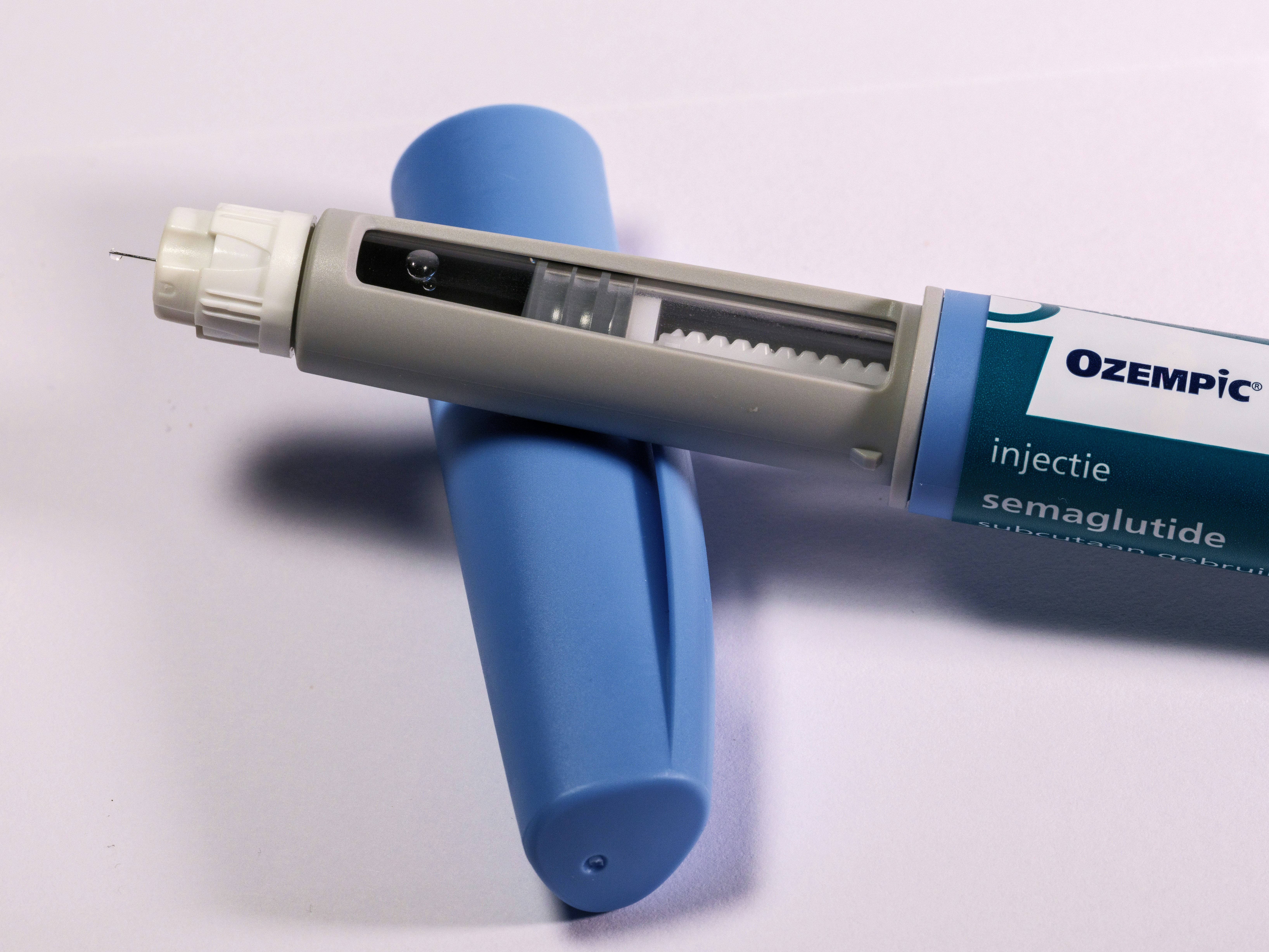News release
From:
Paper 1 - GLP-1RA and SGLT2i Medications for Type 2 Diabetes and Alzheimer Disease and Related Dementias
JAMA Neurology
About The Study: In people with type 2 diabetes, both glucagon-like peptide-1 receptor agonists (GLP-1RAs) and sodium-glucose cotransporter-2 inhibitors (SGLT2is) were statistically significantly associated with decreased risk of Alzheimer disease and related dementias compared with other glucose-lowering drugs, and no difference was observed between both drugs.
(doi:10.1001/jamaneurol.2025.0353)
Editor’s Note: Please see the article for additional information, including other authors, author contributions and affiliations, conflict of interest and financial disclosures, and funding and support.
# # #
Paper 2 - Cardioprotective Glucose-Lowering Agents and Dementia Risk
JAMA Neurology
About The Study: While cardioprotective glucose-lowering therapies were not associated with an overall reduction in all-cause dementia, this meta-analysis of randomized clinical trials found that glucose lowering with glucagon-like peptide-1 receptor agonists (GLP-1RAs) was associated with a statistically significant reduction in all-cause dementia.
(doi:10.1001/jamaneurol.2025.0360)
Editor’s Note: Please see the article for additional information, including other authors, author contributions and affiliations, conflict of interest and financial disclosures, and funding and support.
# # #



 International
International



